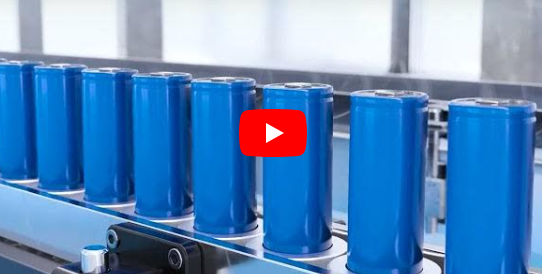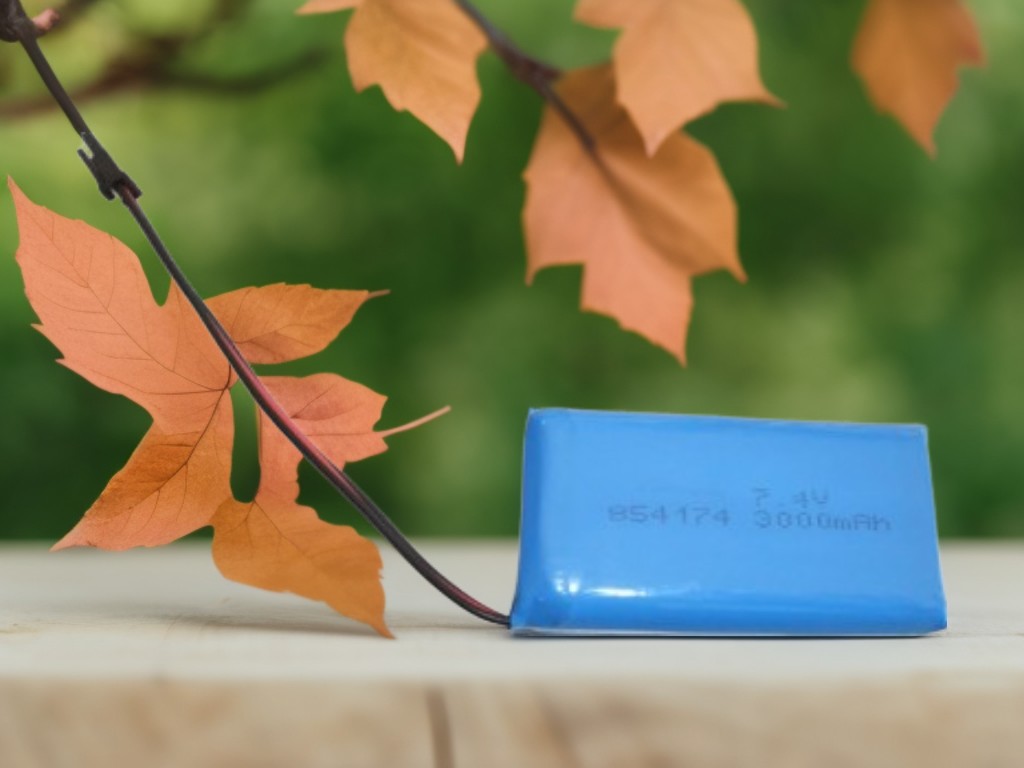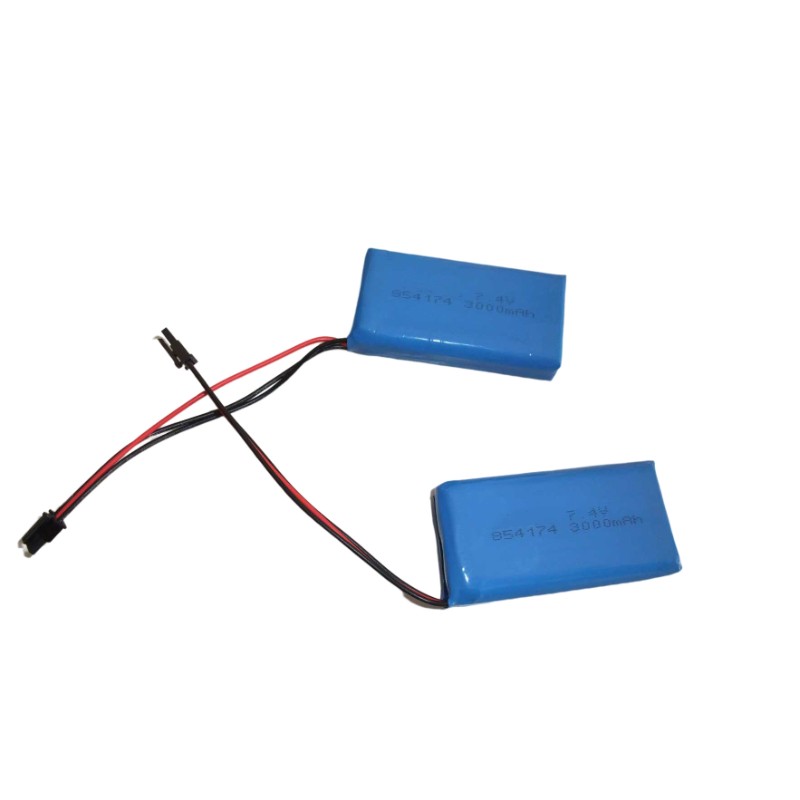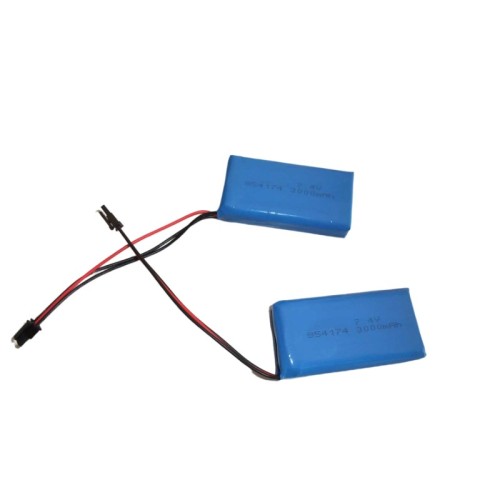Lithium iron phosphate (LiFePO4) batteries, a type of lithium-ion battery, have gained significant attention and widespread application due to their outstanding safety, long cycle life, stability, and environmental friendliness. Let's delve deeper into the characteristics and diverse applications of these batteries.
1. High Safety:
One of the most notable features of lithium iron phosphate batteries is their exceptional safety performance. They exhibit strong tolerance to overcharging, over-discharging, and high temperatures, significantly reducing the risk of fire or explosion compared to other battery chemistries.
2. Long Cycle Life:
These batteries boast an impressive cycle life, capable of enduring thousands of deep charge-discharge cycles without significant performance degradation. This longevity translates to prolonged reliance on these batteries, reducing the frequency of replacements and contributing to cost savings and resource conservation.
3. Fast Charge and Discharge Capability:
Lithium iron phosphate batteries demonstrate excellent fast charge and discharge capabilities, enabling them to complete charging and discharging processes in a short amount of time. This feature makes them particularly suitable for applications that require rapid energy transfer, providing users with more efficient energy solutions.
Lithium iron phosphate batteries find wide-ranging applications across various industries. Some of the key application areas include:
1. Electric Vehicles (EVs):
With the growing demand for electric transportation, lithium iron phosphate batteries are extensively used in electric vehicles. Their high safety standards and long cycle life make them a preferred choice for automotive manufacturers, contributing to the proliferation of electric mobility.
2. Hybrid Electric Vehicles (HEVs):
In addition to pure electric vehicles, lithium iron phosphate batteries are also employed in hybrid electric vehicles, where they serve as part of the energy storage system. Their reliability and stability enhance the performance of HEVs, facilitating the transition towards more fuel-efficient and eco-friendly transportation options.
3. Energy Storage Systems (ESS):
The scalability and durability of lithium iron phosphate batteries make them ideal for energy storage applications. Whether utilized in residential, commercial, or grid-scale energy storage systems, these batteries help store renewable energy efficiently, stabilize power supply, and support the integration of renewable sources into the grid.
4. Electric Bicycles (E-Bikes) and Scooters:
The compact size, lightweight design, and fast-charging capability of lithium iron phosphate batteries make them well-suited for electric bicycles and scooters. They provide reliable power for urban commuting and leisure riding while offering extended cycle life and enhanced safety features.
5. Portable Electronic Devices:
Beyond transportation, lithium iron phosphate batteries are also used in various portable electronic devices such as power banks, laptops, and handheld tools. Their high energy density, coupled with superior safety and longevity, make them an attractive choice for powering modern gadgets and appliances.
In summary, lithium iron phosphate batteries stand out as a highly promising battery technology, thanks to their numerous advantages and versatile applications. As the demand for clean energy solutions continues to rise, these batteries are expected to play a pivotal role in powering the transition towards a sustainable future.
Looking ahead, ongoing research and development efforts aim to further enhance the performance and cost-effectiveness of lithium iron phosphate batteries. Innovations in materials science, manufacturing processes, and energy management systems will likely unlock new opportunities for their utilization across various sectors.
In conclusion, the remarkable characteristics and widespread applications of lithium iron phosphate batteries underscore their importance in the realm of energy storage and electrification. As we continue to advance technologically, these batteries will continue to evolve, paving the way for cleaner, more efficient, and sustainable energy solutions.
With their potential to drive positive change in transportation, energy, and beyond, lithium iron phosphate batteries are poised to remain at the forefront of the global energy transition for years to come.
 LiPo Batteries and Sustainability: Navigating Environmental Impact
LiPo Batteries and Sustainability: Navigating Environmental Impact
 From Concept to Market: The Manufacturing Process of LiPo (Lithium Polymer) Batteries
From Concept to Market: The Manufacturing Process of LiPo (Lithium Polymer) Batteries
 LiPo Batteries and Sustainability: Navigating Environmental Impact
LiPo Batteries and Sustainability: Navigating Environmental Impact
 Innovation in Portable Power: The Advantages of 7.4V 3000mAh LiPo Batteries
Innovation in Portable Power: The Advantages of 7.4V 3000mAh LiPo Batteries